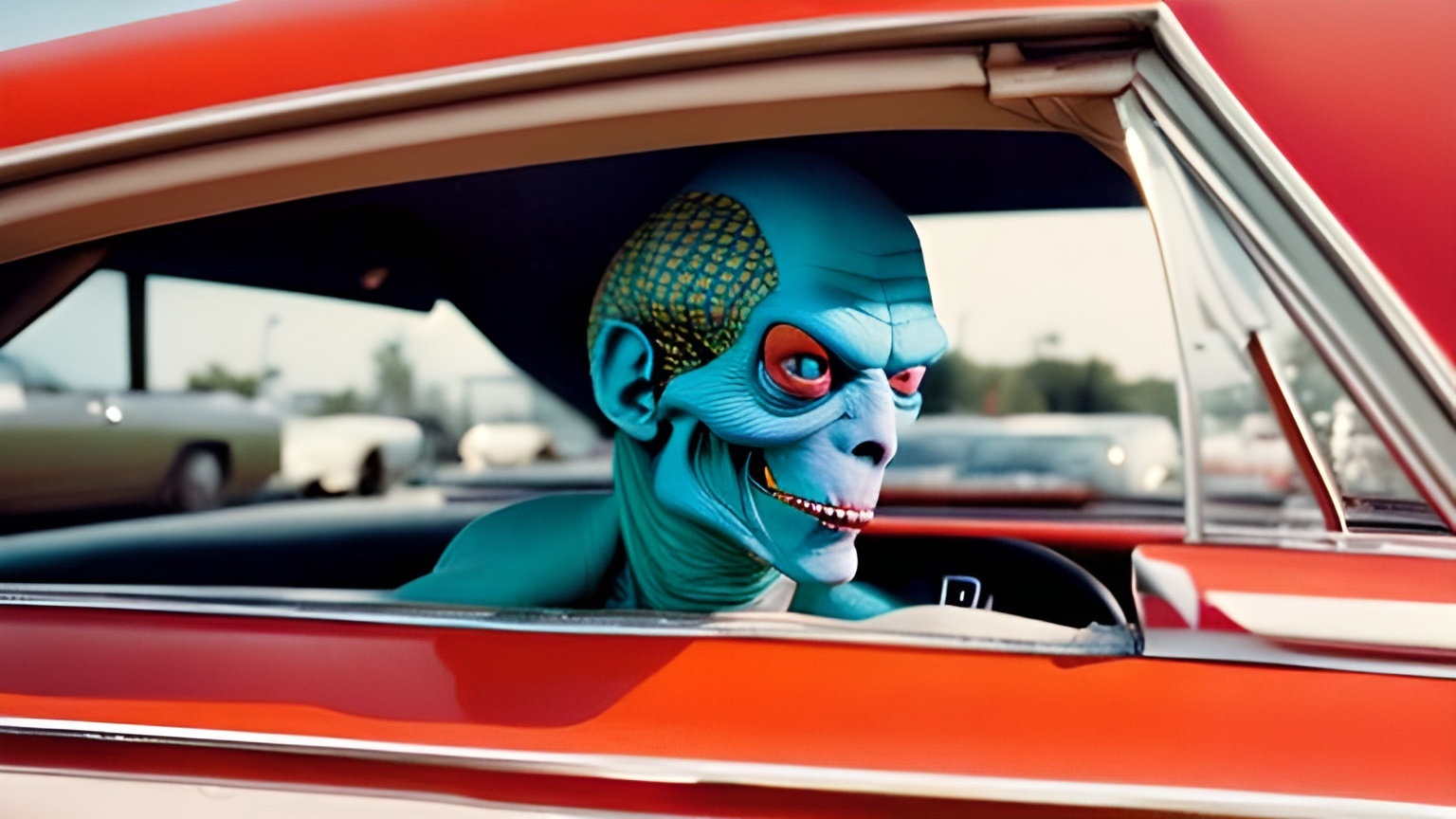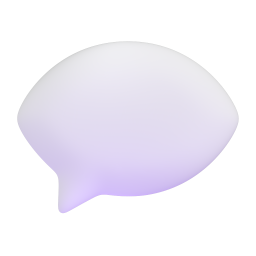ralphwiggumimindanger.jpg
Hmm, coldbrew over a scoop of good vanilla ice on a hot day. Fantasic
Heck yeah!
WTF is good vanilla ice? Is it as delicious as it sounds?!
Ice ice baby /j
Made from real vanilla, real sugar, eggs - italian gelato, for example.
Ooooh you meant ice cream. I thought you had like some kind of hack for making vanilla flavored ice cubes!
Hmm, now that you mention it. Maybe a simple syrup with some vanilla seeds mixed with water and frozen? I could see that work
Well if you like creamy coffee, you could probably freeze a mixture of 2% milk, a little sugar, and some vanilla extract in ice cube trays? You’re probably want to shake it up a little so that the ice cubes start to melt, or use room temperature brew!
Ooh, I haven’t tried that yet but it sounds tasty af. Good thing I’m about to make a fresh batch of cold brew!
See, if your favorite coffee place offers an Affogato it’s fantastic
I’ll have to look the next time I swing by and I’ll report back. Thanks for sharing!
On hot days I prepare a 1:8 ratio of ground beans to water and let it soak for 24 h at 4 C. It never felt different from regular hot drip coffee despite hearing that cold brew has a higher caffeine concentration. Guess I know why now - 150 mg in hot drip vs. 207 in cold brew is only a 38% increase in caffeine concentration.
Depends on yur ratio of coffee to water, obviously.
I think they’re referring to the fact that cold brew is usually made in a concentrate. It’ll taste pretty rough at that high of a concentration, most people cut it with water or cream to make it a better flavor, but obviously that’s going to reduce the caffeine concentration too
Yeah. My heart rate and eye twitch is what caused the initial search, though. Whatever the levels are in this particular batch, a 32 oz tumbler was a poor vessel choice and chugging was a poor consumption rate decision.
Maybe only slightly unwise
I can at least confirm that it is very tasty.
Is this due to the duration? Like cold brewing coffee overnight in the fridge? What grind is recommended?
I actually work directly with food scientists. I’ll ask somebody when I’m feeling more myself!
And yes! I learned how to do it yesterday. It’s dummy simple. The most course grind possible is what appears to be recommended. You brew 1 part coffee to 4 parts water in the fridge for 12–18 hours. Then you just strain it. I do not recommend rapid consumption 💀
EDIT: Yeah, it’s the duration. Hot brewed coffee has a not-insignificant amount of caffeine because a smaller grind puts more surface area in contact with water at any given time, and the hot water accelerates extraction of caffeine (and flavor) from the grounds. Cold brewed coffee blows that out of the water, even with a super coarse grind and even at super low temperatures, by virtue of the time involved.
The physics/science of it is essentially that by grinding it very coarse, you are creating a much larger pore space for water to infiltrate. More pore space means larger pores, which means more water in those pockets of coffee grinds to leach out the flavor (and caffeine). It also means less water gets trapped in the pore space when you drain it out.
The way cold brew works is that you are substituting heat for time - heat is essentially ripping the caffeine and flavor from the grounds, and a finer grind will result in a stronger flavor (hence, espresso grind is generally a stronger flavor than standard filter grind). More heat and pressure allows this to be done quicker, which is the principle behind espresso - very hot water forced through tightly packed very fine grounds - done in 10-20 seconds. Cold brew, by contrast, is a slow leaching process. The larger pores hold more water, and you slowly leach the flavor out of the grinds into the water in the pores. The longer you allow it to leach, the stronger the the coffee will be, but also the more bitter it will get. Similarly, the lower the ratio of water:coffee, the more concentrated the resulting brew will be.





